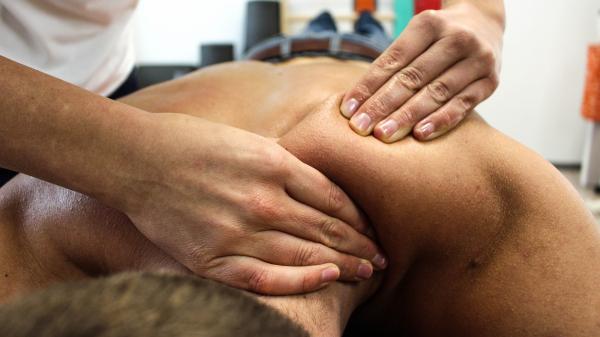Allied health providers feel like they’ve been “forgotten about” and the health system will be under further pressure if restrictions don’t ease for their industry.
Australian Physiotherapy Association president Tom Hindhaugh said industry was frustrated by the restrictions, which meant many patients were going without care they would normally receive.
He said with Geelong being in and out of lockdown, it made it even more confusing.
“They’re going between urgent and essential care,” he said.
“That means limited face-to-face contact, only if they’re deteriorating hat they would end up in hospital.
“When restrictions eased it was only essential care. The problem is with this, patients have been delayed and we haven’t been able to get them better.”
Mr Hindhaugh said that physios have a huge backlog of patients and that the decision to keep them from seeing more patients, was taking a toll on the mental health of many people.
He said seeing people could go to the pub or you can see a hairdresser and take your mask off in regional Victoria made it more frustrating.
“We think the Andrews government has forgotten about us, it’s not clear when allied health will be able to be fully back up and running.
Mr Hindhaugh said calling for physios to be able to make their own decisions on which patients they do and don’t see.
Geelong-based physio Marcus Dripp agrees with the call to be able to make their own calls on who they need to see in person and wants allied health opened as soon as possible.
He said while he understood it was hard for the decision makers in what rules there were, things like Telehealth weren’t always an option.
He said one of the biggest concerns was what impact it would have on other health services.
“The more deferral of non-essential care, the more risks of escalation over time.
“Then you might be in a position where you need to see a GP, be hospitalised or even need surgery.
“The greatest challenge is hospitality and capacity, and when you can’t treat things in community care, you put pressure on the hospital capacity.
Mr Dripps said the mental health of patients was also deteriorating with many people not able to be physically active and be in the community as they normally would.









